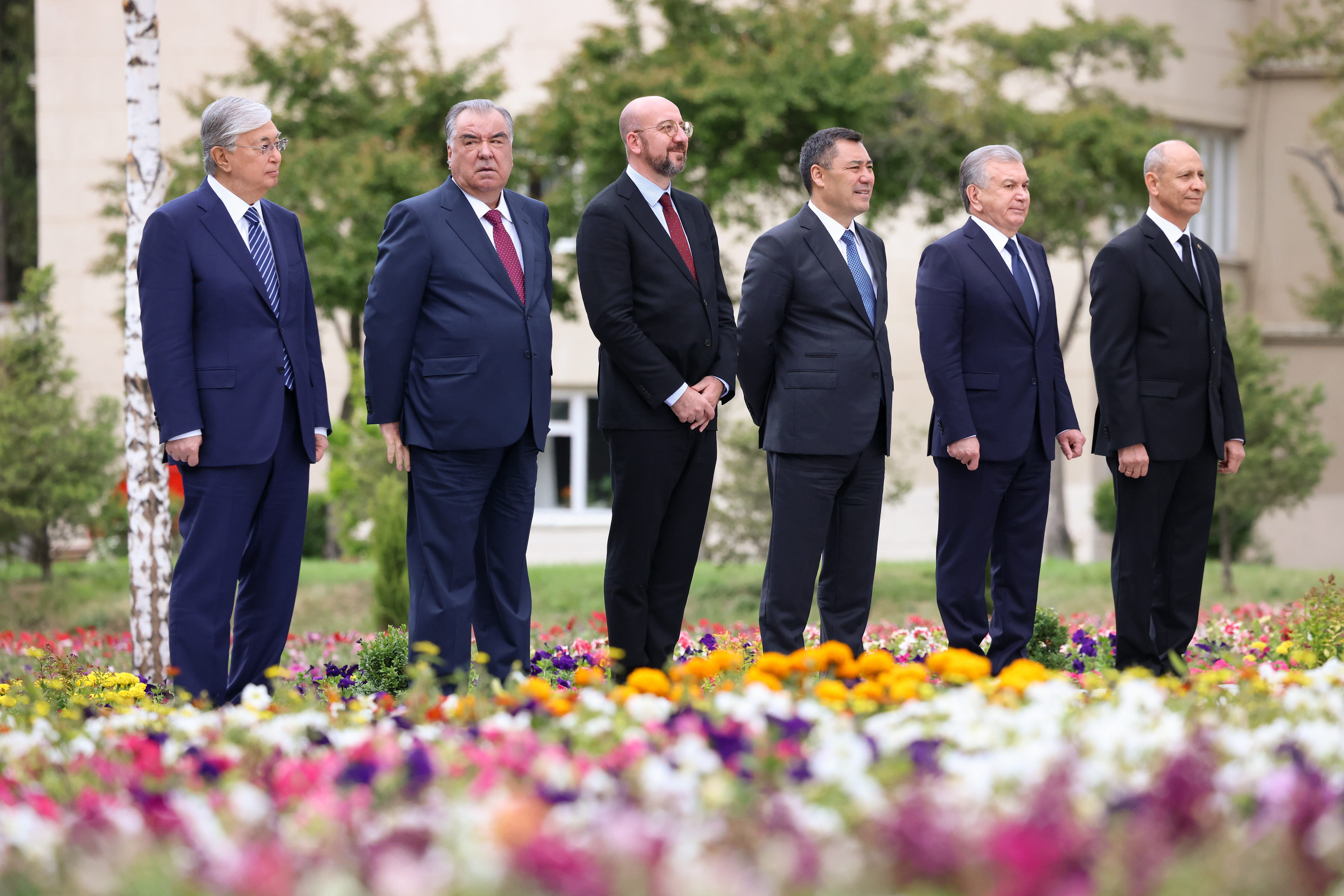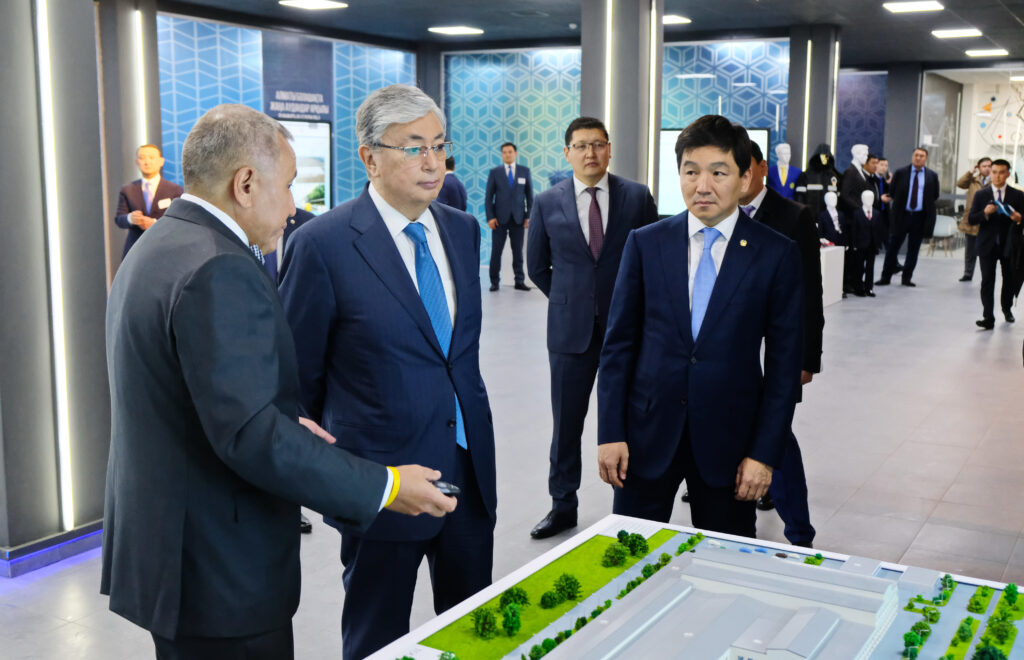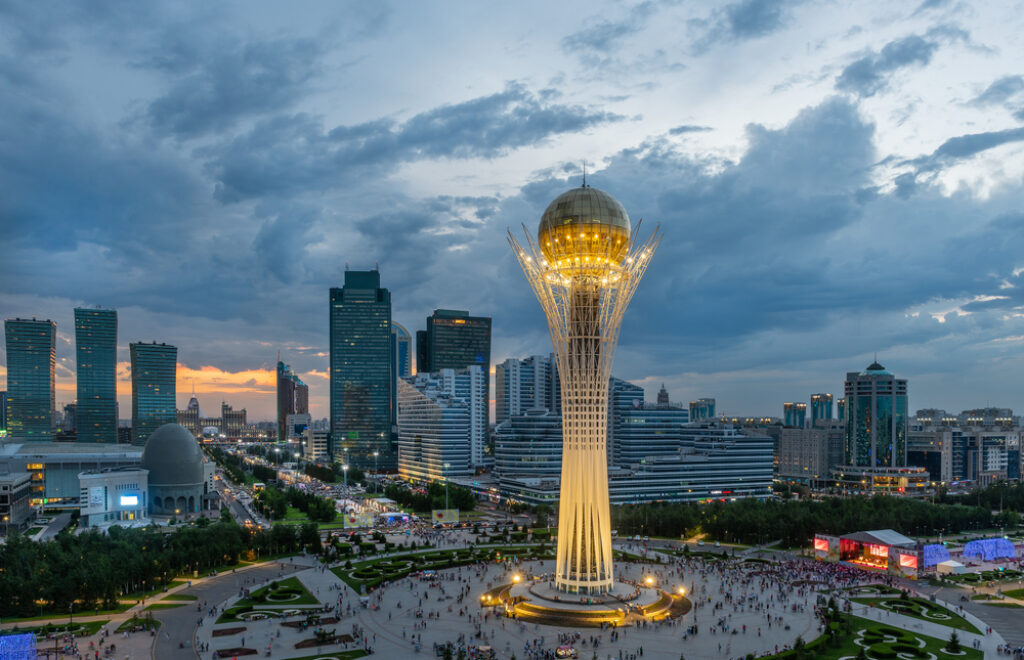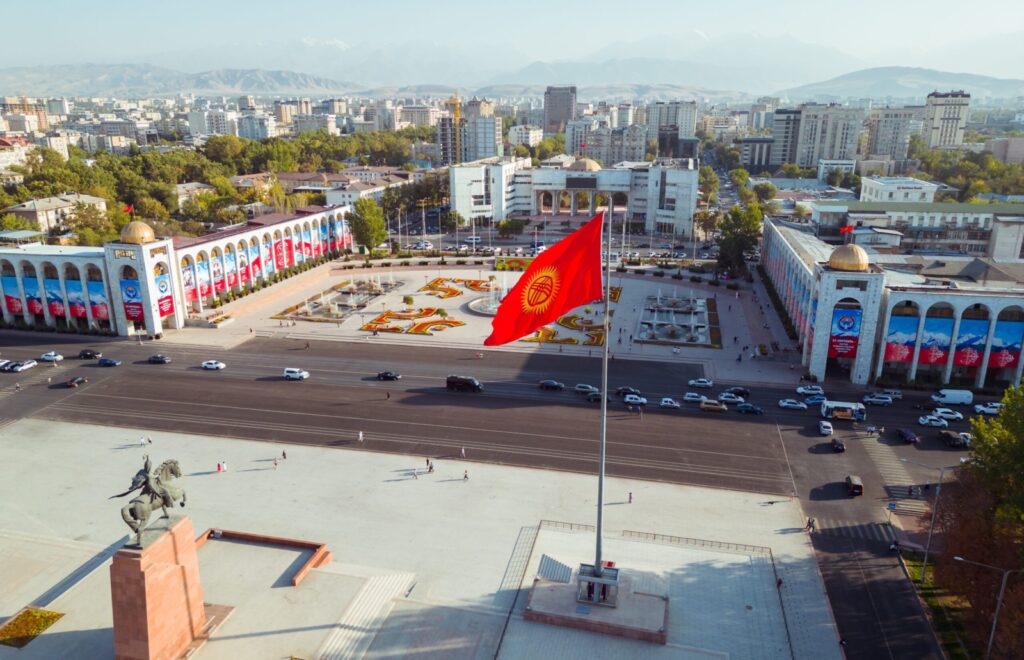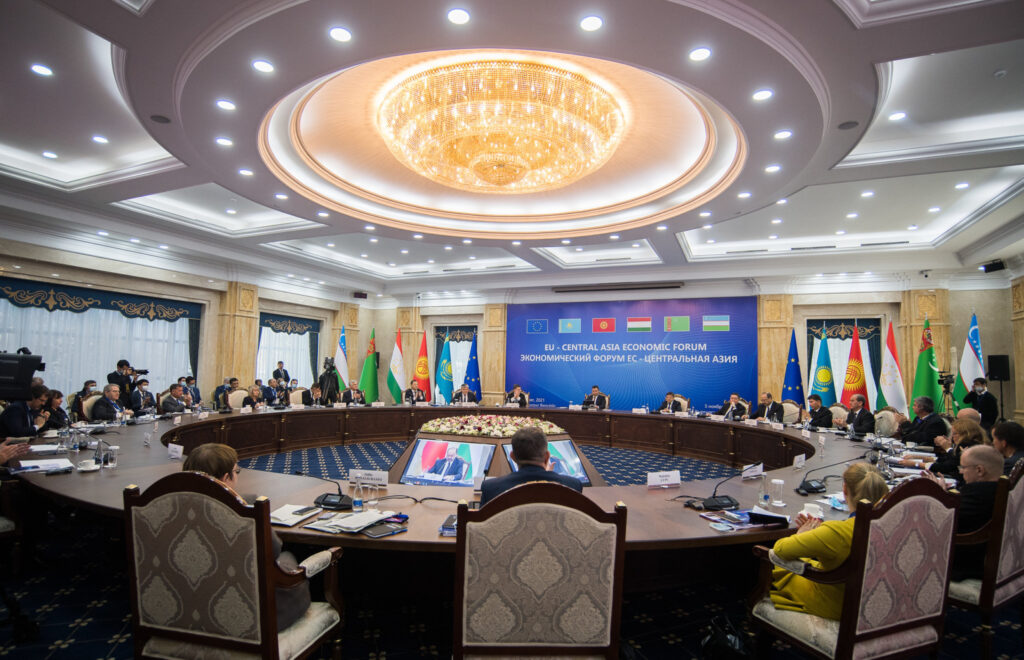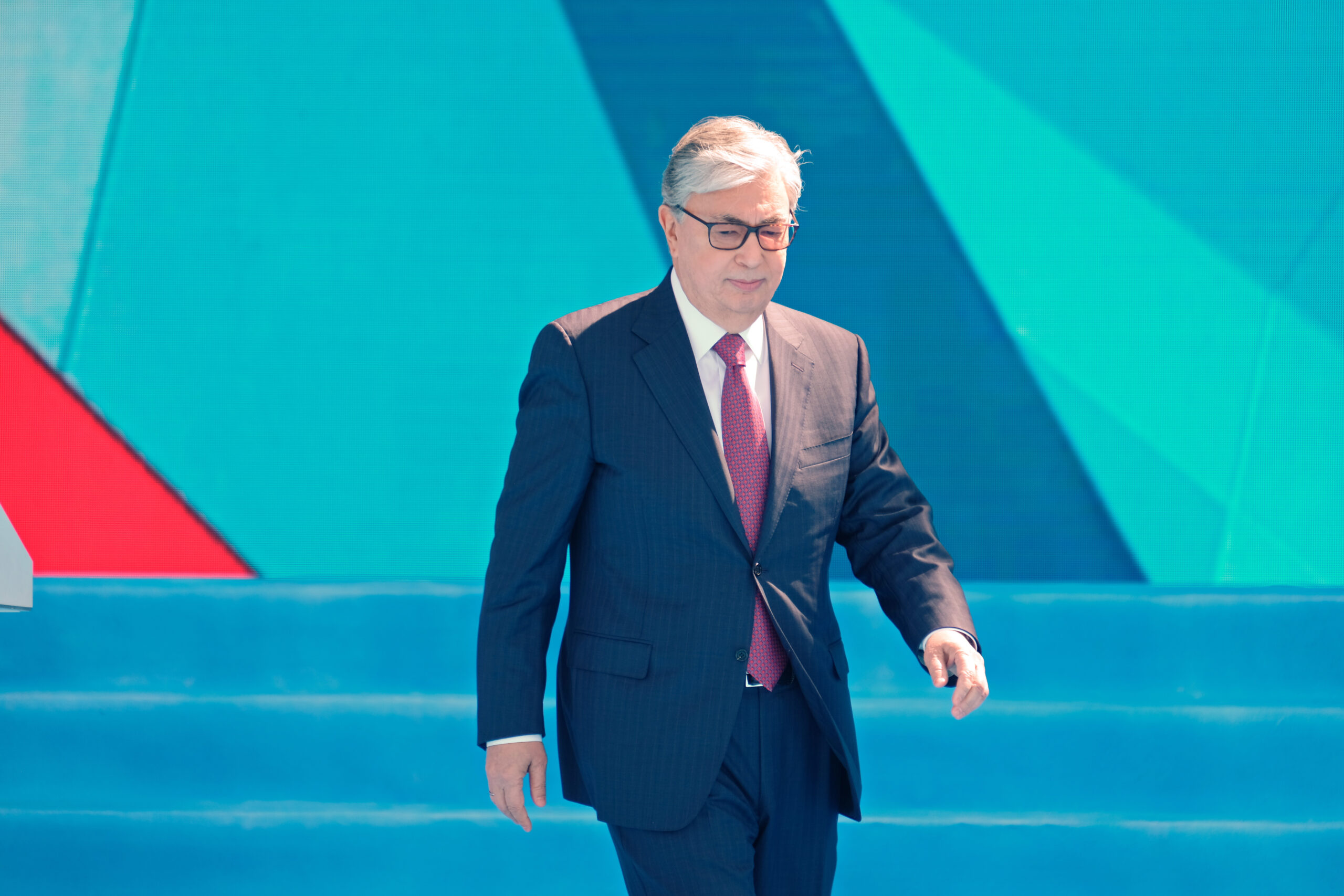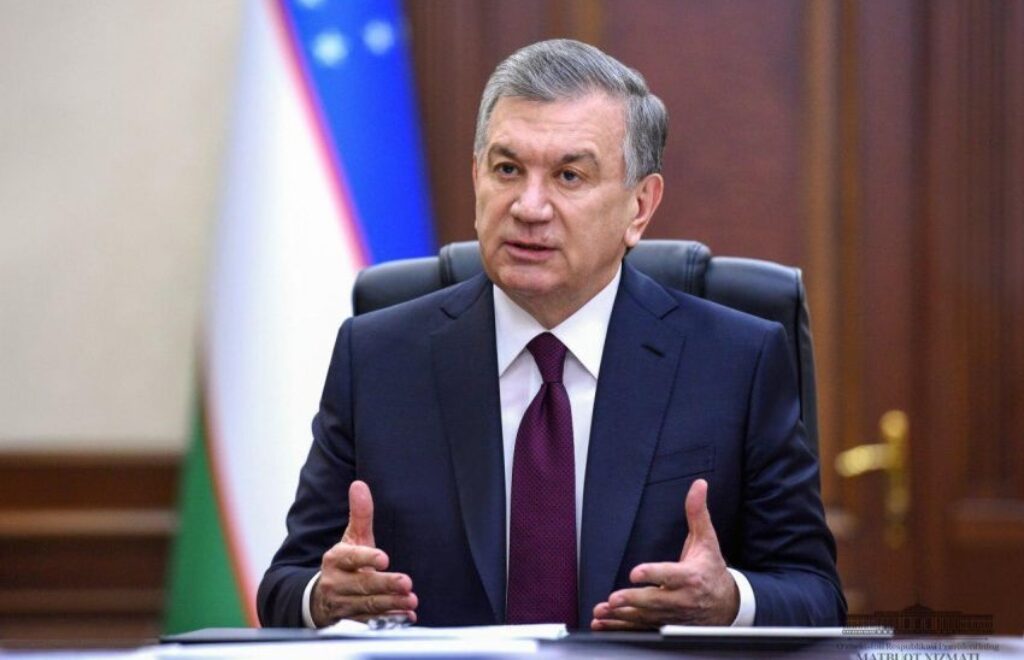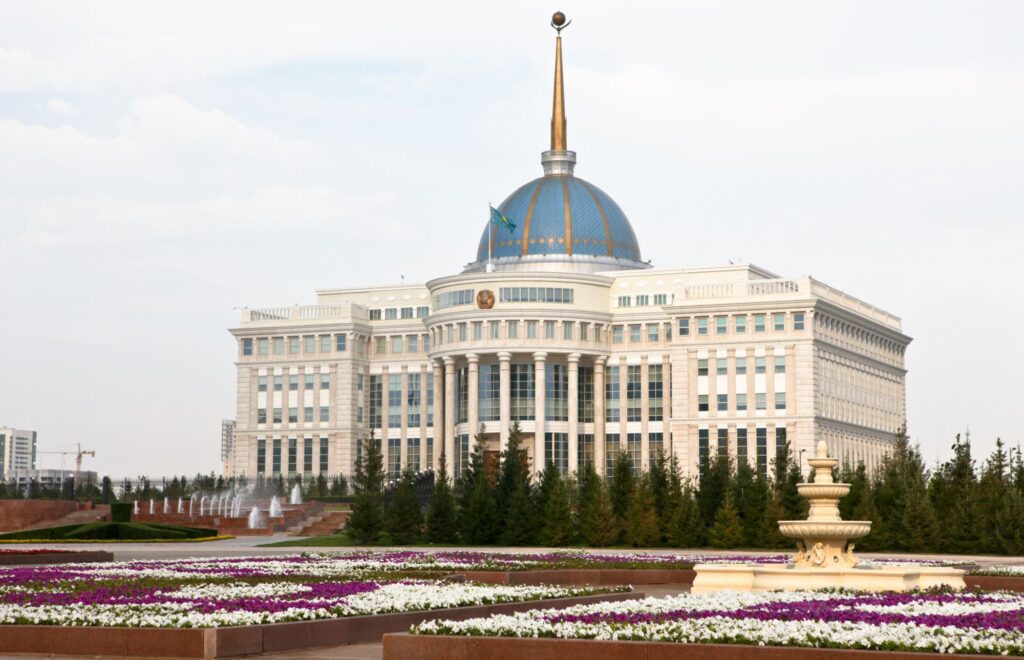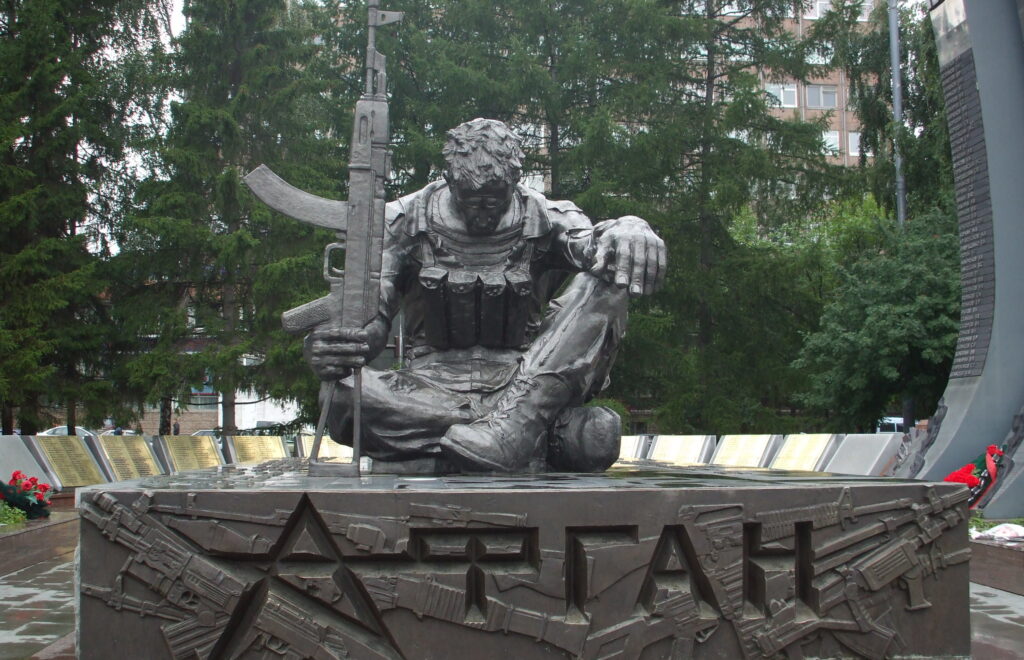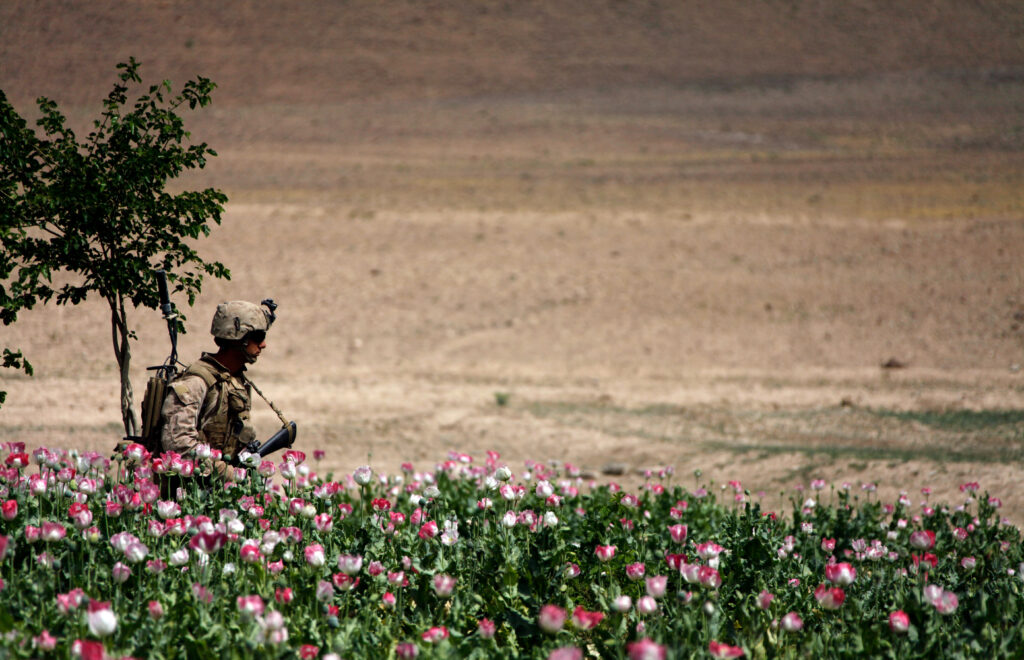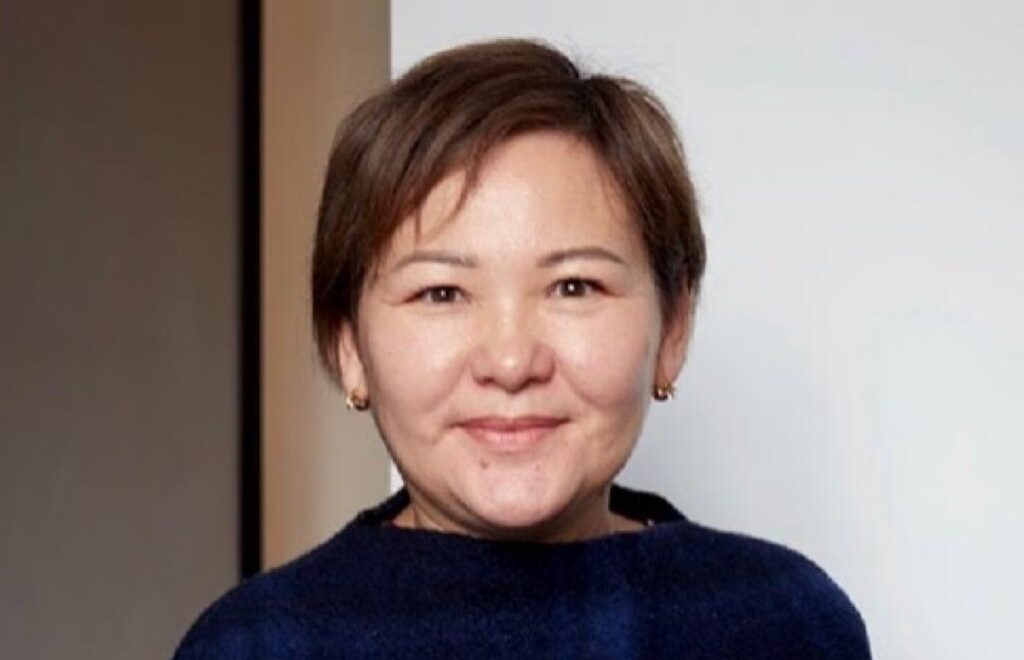Murivat Beknazarov’s art as memory
When I went to meet Murivat Beknazarov in his studio in Dushanbe for the first time, on a warm autumn day in 2018, he explained to me the location by phone. Since street names are rarely known due to frequent renaming, he told me to find the so-called “artists’ house” in the north of the city. “Just ask around, everyone knows this place,” he said. That was probably the case in Soviet times, but not anymore. As it turned out, no one knew where this place was, not even people living in neighbouring buildings.
April 11, 2024 - Karolina Kluczewska



